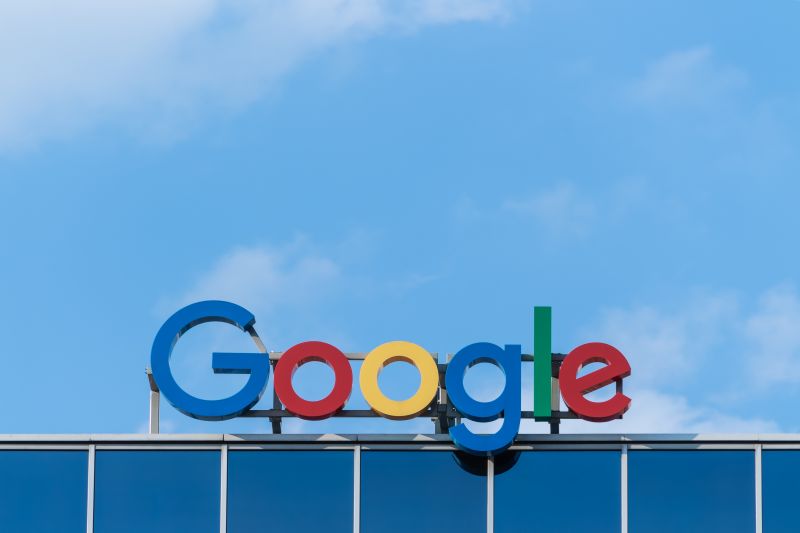Google+ & SEO: how Google+ affects ranking

Google+ is Google's social network rolled out in 2011. At the moment there are 400 million people enrolled and, among these, more than 100 million are active. Unlike other social networks, such as Facebook and Twitter, Google+ is an important bridge to the most used and influentialsearch engine on the web, and all the other services they offer.
Another feature that distinguishes it is that you can follow the accounts of its users without being necessarily registered on the platform. But what does all this mean? It follows that Google+ influences web searches, moving the contents in different positions depending on the people we follow on the social network. What has just been said has not been explicitly reported by Google's managers, but the conclusions of surfers' suppositions. We cannot be absolutely sure about this because Google algorithms work in ways unknown to us. We should also take into consideration Google launched a new algorithm called Hummingbird last September, which completely revolutionised the way in which sites are ranked in searches.
But we can verify this by doing the same search after "logging in" on Google+ and after repeating the searches after logging out. You can see that the rankings are different and this is a result of following someone or some company on Google+ and consequently, the search engine will show us their posts first because we know we think they are interesting. It also is apparent that a page that has received a lot of +1 (similar to a Facebook "like") gets a higher ranking. This must be taken into consideration by companies because it is an excellent way to advertise. In fact, if associated with articles written with a view to SEO, the result can be more than positive. The SEO technique is mainly based on the use of keywords but the new algorithm Hummingbird focuses on all the words in the query. This does not mean that it has become an outdated method, but it should be taken into account that there may be variations in the SERP (an acronym that in Italian stands for "search engine results page"). Ultimately, a company should not miss this opportunity.


.jpeg)


